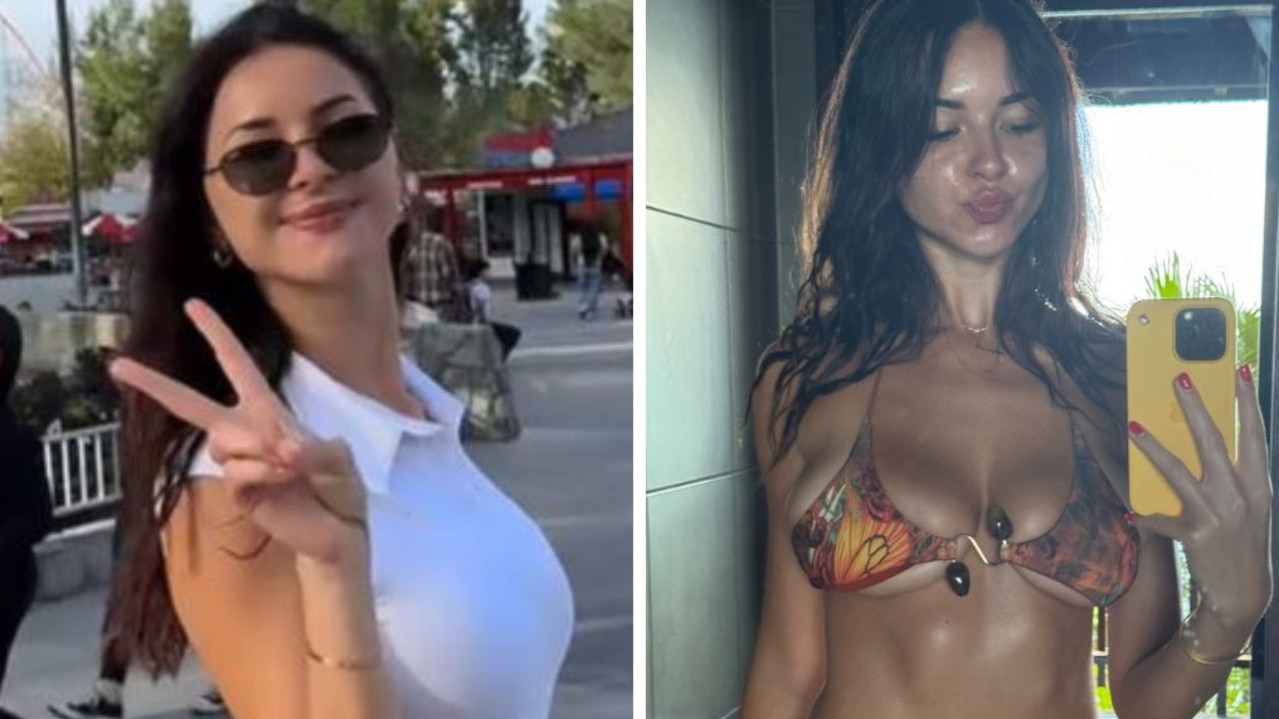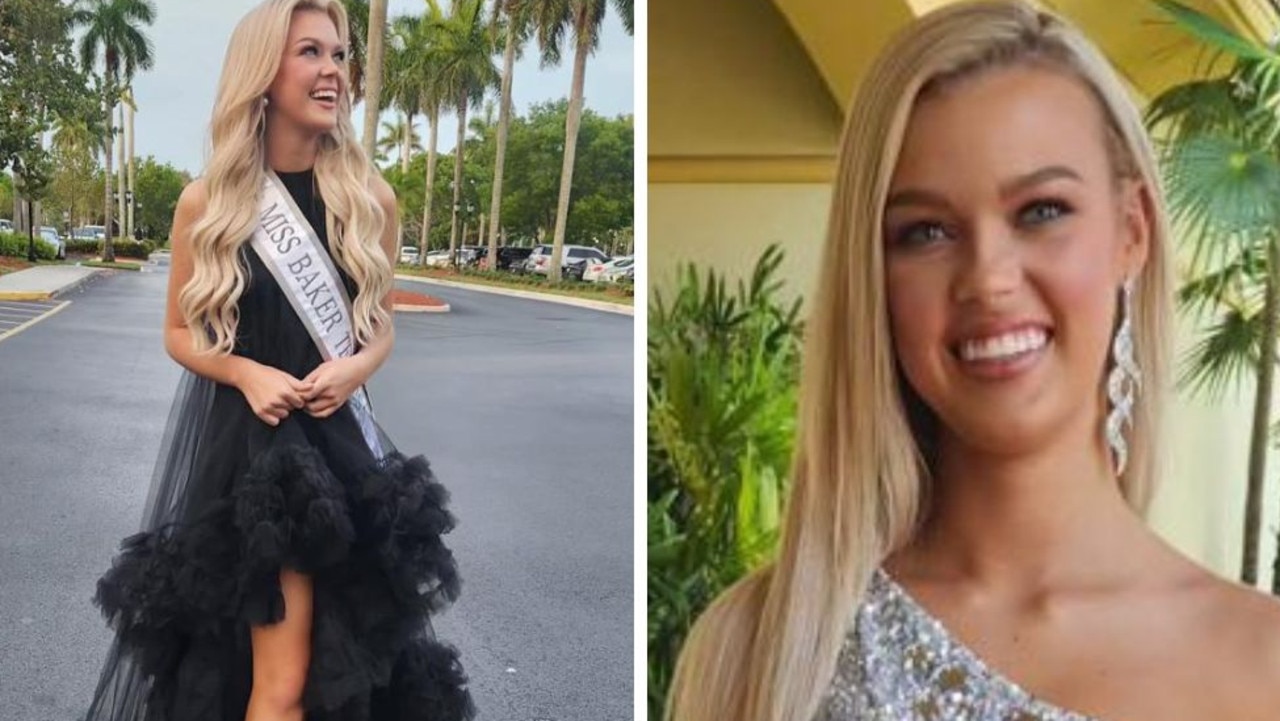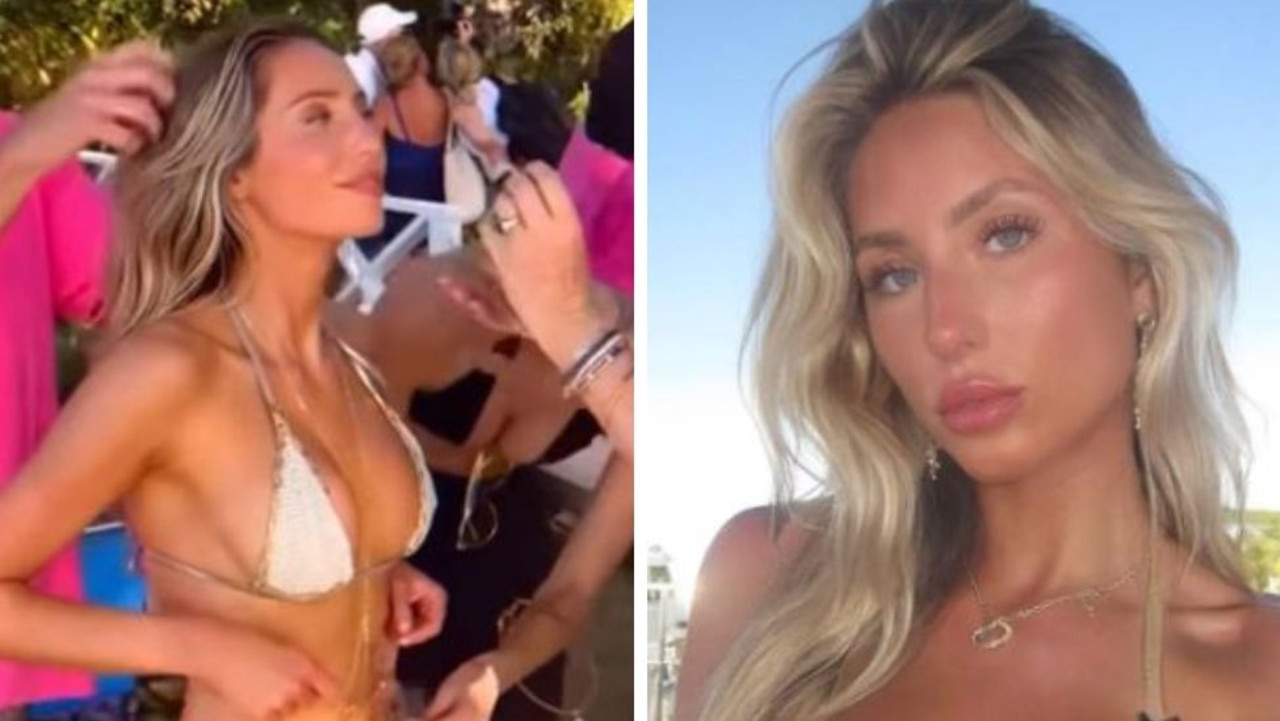What it really takes to be a sperm donor
While Australia is in the grips of a dire sperm shortage, one man explains his decision to become a father of a child he may never meet.
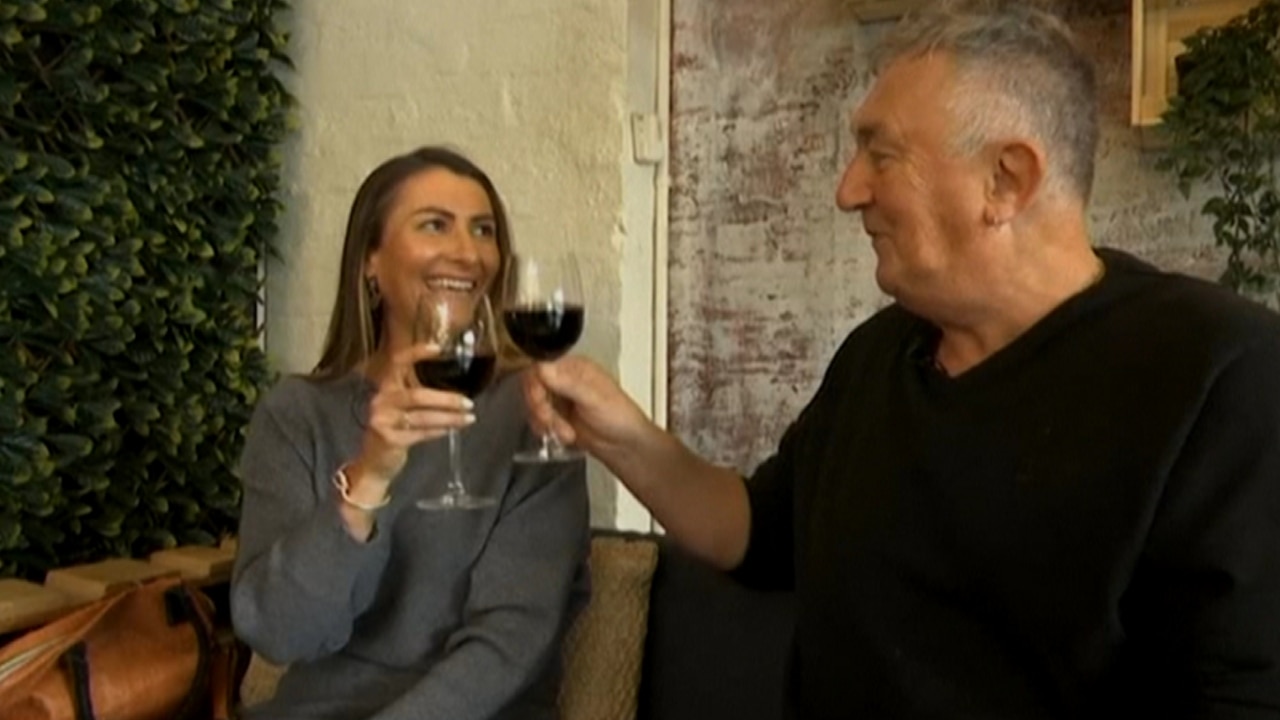
When Ian Wood turned 40 last year, he did something unusual to mark the milestone.
“Turning 40 made me reassess my life and what I wanted to do before it was too late” he tells news.com.au.
One thing niggling at him had a cut off deadline of 45: donating his sperm to an IVF clinic.
“After a friend did it, I couldn’t stop thinking about it. I just realised: Ian, you’re 40 – if I’m going to do these things, I should start now.”
Why do men like Ian donate sperm to IVF clinics? They’re not paid much for it, it consumes their time (up to 3 months) and means they’ll have kids they may never meet (or could meet once the child turns 18 and can legally trace them).
Which begs the question: why do it at all?
RELATED: Serial sperm donor expecting 50th child with homeless teen
RELATED: ‘Joe Donor’ sperm donor wants to father 2500 kids
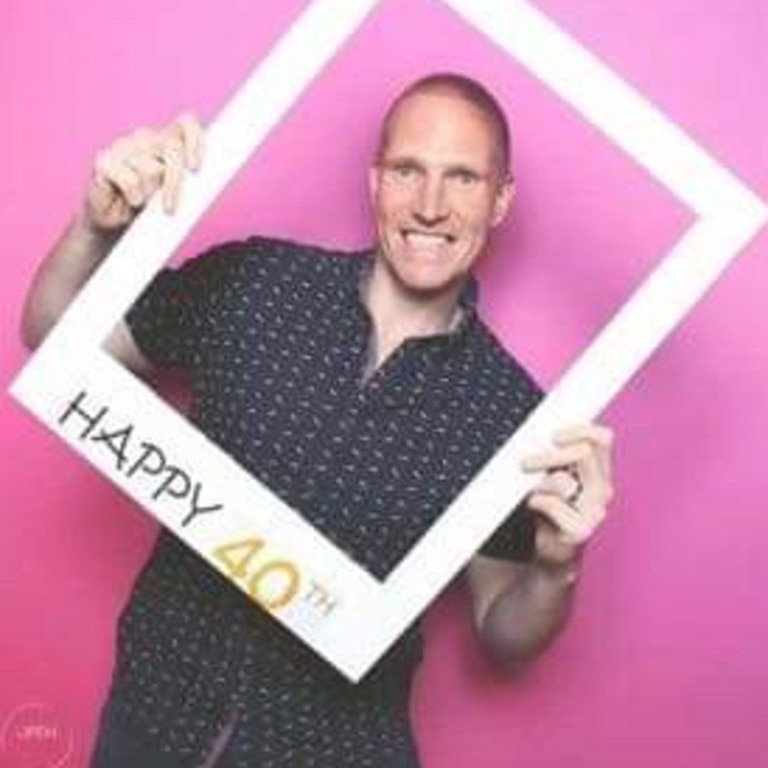
For Ian, a general manager at a major tourist company in Sydney, the money wasn’t at all a motivating factor – he was surprised when he was paid $250, not realising donors got reimbursed.
Sperm donation in Australia is altruistic only. Clinics reimburse reasonable out-of-pocket expenses directly associated with the donation.
Ian’s sexual orientation played a major role in his decision: “I’m not in a situation to have my own kids – to a point – because I’m gay,” he says.
“There’s adoption, but in my lifestyle and relationship at the time, we made the decision not to have children.”
He also rejected the idea of donating to a friend, uncomfortable with the thought of someone he knew bringing up his child.
It took a year of consideration before he took the plunge earlier this year: “I consider things rationally. My gay friend who’d donated is very similar, so he influenced me to go ahead.”
First, though, he talked to his mum.
“She asked if the children could claim financial benefits from me, but legally they can’t, even when they turn 18,” he says. “Once she knew that, she was very supportive.”
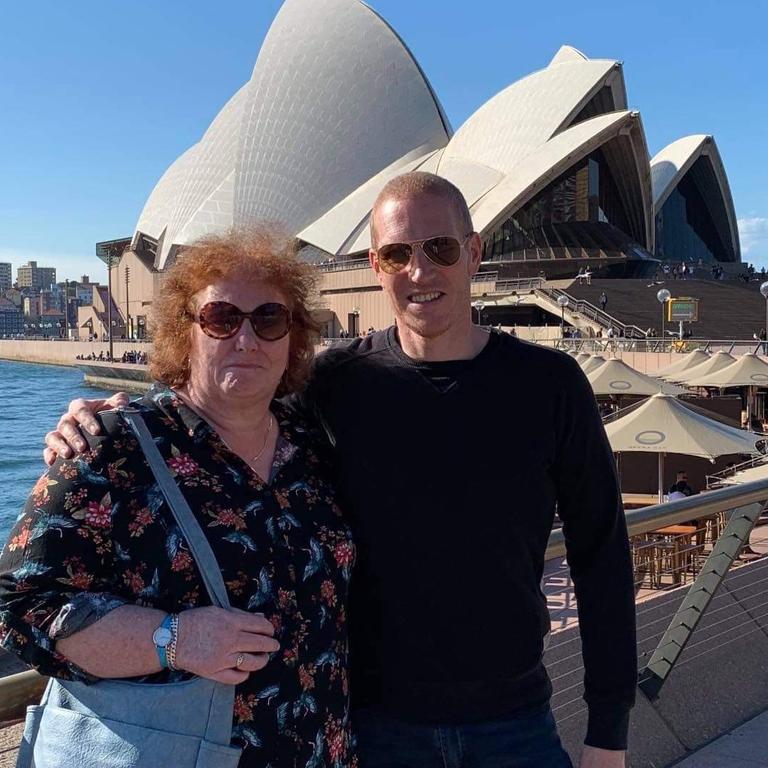
It was a valid question to ask – up to 10 families (or five in NSW and WA and no limit in QLD) can be helped from one donation, although the donor decides how many.
Ian opted for four families.
There was, Ian says, both a “selfish and unselfish” motivation for his donation.
“The unselfish reason is a lot of friends are trying for kids later in life and finding it tough. One couple I know had to adopt. I realised my healthy semen could help couples like that to conceive.
“The selfish part of me liked leaving something on this planet that’s part of me. It’s relatively uncommon for gay couples to have kids. This felt like a middle way – not to be a dad but to leave my bloodline in the world,” Ian says.
According to fertility specialist Dr Andy Stamatiou, there’s currently a mass shortage of available sperm from Australian donors. “Despite being one of the safest places in the world to donate sperm in a clinical setting, Australian fertility clinics are experiencing an all-time low,” he tells news.com.au.
The situation is so dire, some clinics contacted for this article are importing sperm from abroad (mainly the USA), which considerably raises costs for would-be parents.
One reason for the sudden donor shortage may be recent law changes. Sperm donation in Australia is no longer anonymous and in 2017, a Victorian law change allowed every donor conceived child to track their sperm donor when they turn 18 (or younger) if deemed mature enough by a counsellor – regardless of whether the donor consented at the time.
But that’s the very reason Ian donated – it increases the chances of him one day meeting his children: “The clinic is very clear, you can’t do this if your primary motivating factor is to be a dad. But I could develop a relationship with my child/ren post 18, and they could go on to have my grandchildren. Then I’d potentially get to be a grandad to them from birth. It’s exciting,” he says.
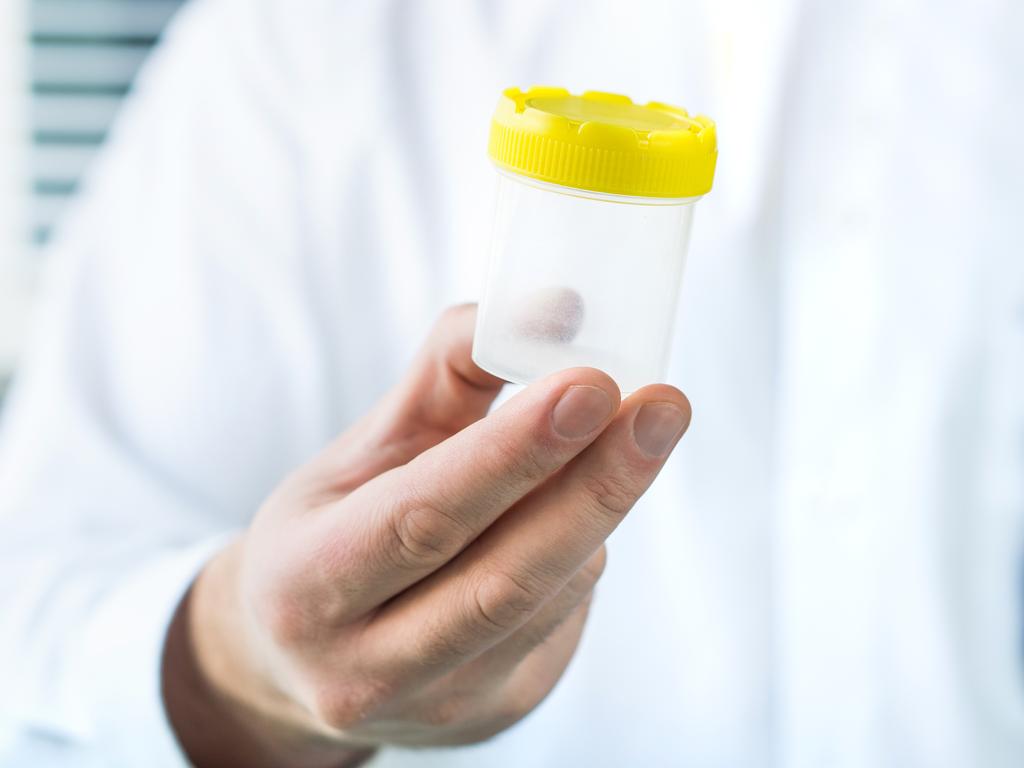
Another donor, Leigh Anderson, 40, also cited the satisfactory feeling of continuing his bloodline. He’s the last male in his family.
Donating was actually suggested by his wife, Andrea, who he met six years ago. Andrea already had four children aged between two and 12 years. But when she met Leigh, she had to have a hysterectomy due to endometriosis. “Andrea said, ‘If you donate sperm, you could feel like you’ve got biological kids of your own,’” Leigh says.
The boiler maker from Brisbane donated two years ago. Four children have already been born from his donation; all the clinic tells you is their sex.
He really hopes to meet them one day.
Each donor can give only once and each of the maximum 10 families can have up to two children – meaning there could be 20 little Leighs running around. “That feels good!” he says. “I sometimes wonder if they look like me. But it’s so far away, you can only imagine. I hope it helps people to have happy families.”
Leigh says he was surprised how involved the process was: “I expected all the blood tests, but not the counselling,” he says.
“You see a psychiatrist two or three times. They check you’re sane, you’re certain you want to do this and the main reasons.”
He donated sperm every Friday for ten weeks, and had to abstain from sex 3-5 days beforehand.

Part of the process that surprised Ian Wood was that he was given a choice over which parents he wanted to help – straight, gay, or single. “I said the couple choosing must know I’m gay,” he says. “So there’s no homophobia to contend with later on.”
He also had to write a letter to his future child, made available to them at 18.
“That was a really, really strange experience,” he says.
“It was like writing to a future you. I wrote that I’m your gift donor, I hope you’ve got two loving parents and I’d love to meet you one day. I explained my reasons for donating and said I hope you’re happy.”
The excitement in his voice is apparent when he considers the day the clinic contacts him with some news: “I may never meet this child – they’re extremely clear on that – but I think about the day I’ll get that email saying ‘Ian, you’ve got a baby on this planet,’” he says.
“Knowing there’s someone that’s half mine – and obviously hopefully ginger, like me – and that I’ve helped a family, that’s just the greatest feeling.”
For more information on how to donate sperm, email info@spermdonorsaustralia.com.au or call 1800 985 838
Gary Nunn is a freelance journalist. Continue the conversation | @garynunn1

